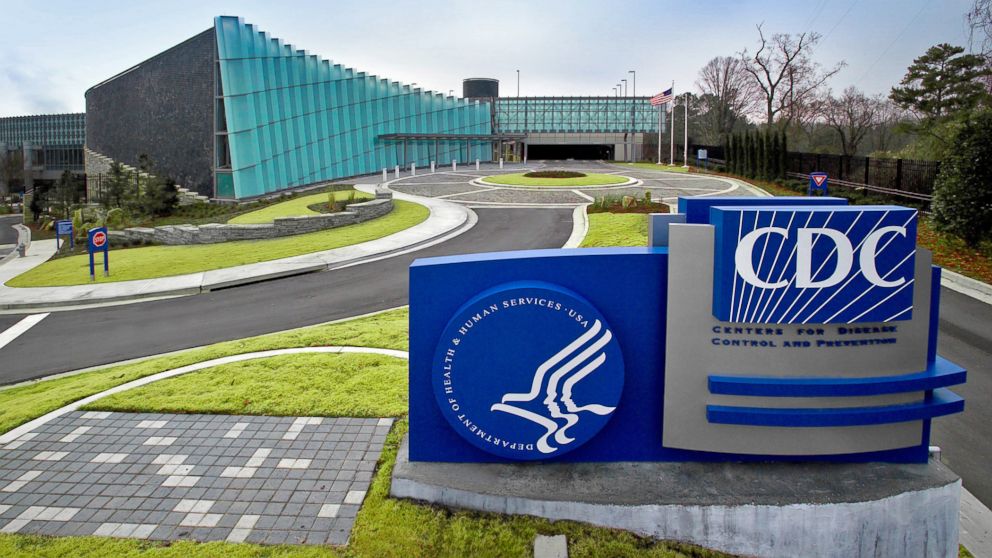Salmonella Outbreak Spreads to 11 States, CDC Advises Against Physical Contact with Turtles
In recent weeks, a salmonella outbreak has been spreading across the United States, affecting individuals in 11 states. The Centers for Disease Control and Prevention (CDC) has issued a warning, advising people to avoid any physical contact with turtles as they have been identified as the source of the outbreak.
Salmonella is a type of bacteria that can cause a range of symptoms in humans, including diarrhea, fever, and abdominal cramps. While most people recover without any specific treatment, severe cases may require hospitalization. The elderly, infants, and individuals with weakened immune systems are particularly susceptible to complications from salmonella infection.
The CDC has reported that at least 37 people have fallen ill due to this outbreak, with cases being identified in states such as California, Texas, and Pennsylvania. Investigations are still ongoing to determine the exact source of the outbreak and to identify any potential additional cases.
Turtles, particularly small ones such as baby turtles, are known carriers of salmonella. These reptiles can carry the bacteria on their shells, skin, and in their feces without showing any signs of illness. When people come into contact with turtles or their habitats, they can easily contract the bacteria by touching their mouths or other areas and then inadvertently ingesting it.
The CDC advises against purchasing turtles as pets, especially for households with young children or individuals with weakened immune systems. Additionally, individuals who already own turtles are urged to take precautions to prevent the spread of salmonella. These measures include washing hands thoroughly with soap and water after handling turtles or cleaning their habitats. It is also important to keep turtles away from food preparation areas and to avoid allowing them to roam freely in the house.
Parents should educate their children about the risks associated with handling turtles and ensure they understand the importance of proper hygiene practices. Young children are more likely to put their hands in their mouths, increasing the risk of salmonella infection.
It is worth noting that this is not the first salmonella outbreak associated with turtles. In fact, the sale of small turtles as pets has been banned in the United States since 1975 due to the high risk of salmonella transmission. However, despite this ban, cases of salmonella infection linked to turtles continue to occur.
If you or someone you know experiences symptoms such as diarrhea, fever, or abdominal cramps after coming into contact with a turtle or its habitat, it is important to seek medical attention promptly. Healthcare professionals can conduct tests to confirm the presence of salmonella and provide appropriate treatment if necessary.
In conclusion, the ongoing salmonella outbreak spreading across 11 states serves as a reminder of the potential health risks associated with turtles. The CDC’s advisory against physical contact with turtles, especially for vulnerable populations, is crucial in preventing further infections. By following proper hygiene practices and avoiding contact with turtles, we can protect ourselves and our loved ones from this bacterial infection.



